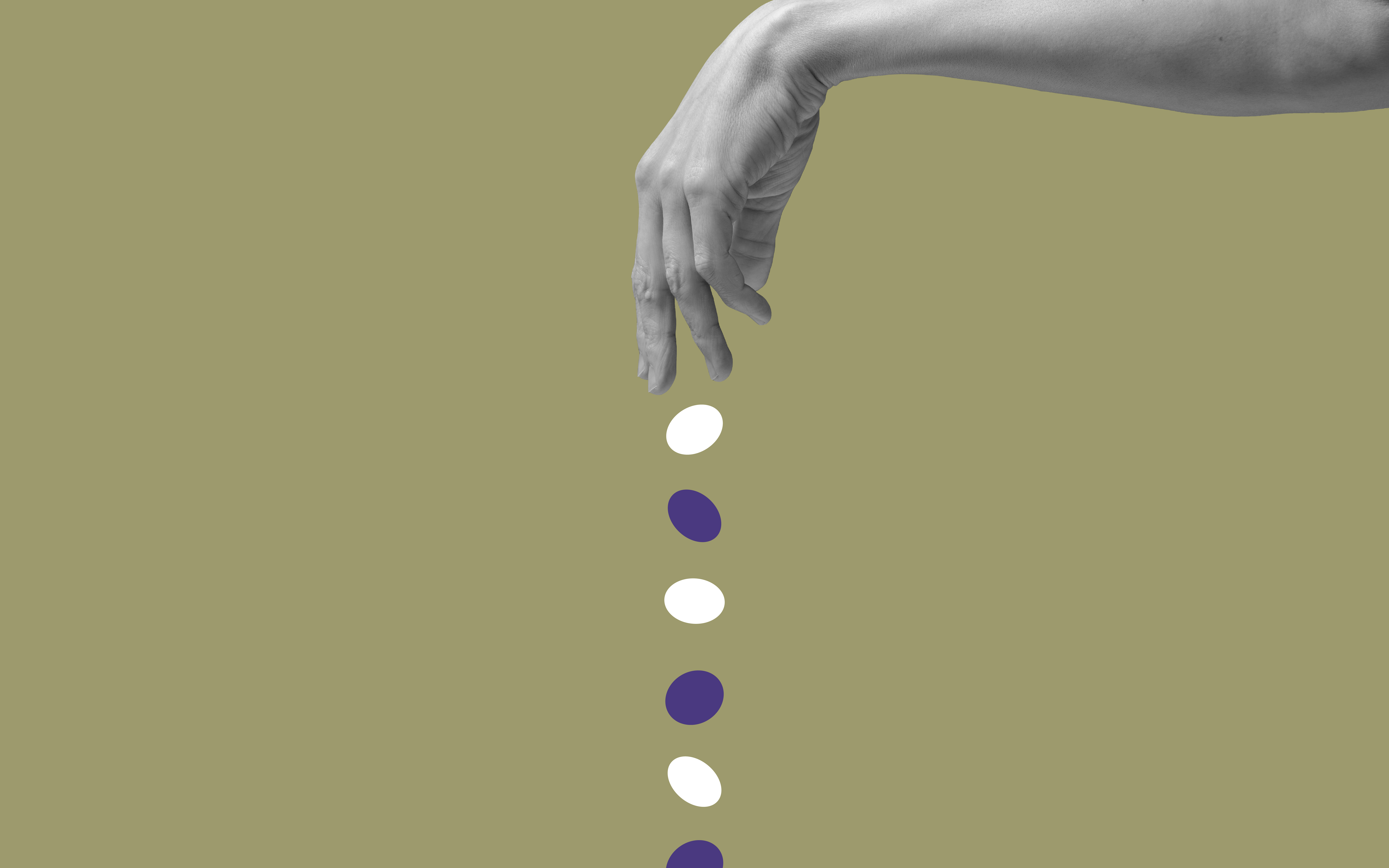A free republic depends on citizens who can take their prosperity into their own hands.
The Unreal Housewives of America

The liberal caricature of the miserable housewife has created more misery than it cured.
Ask any young lady today what her idea of the “traditional” American woman is, and she will bring up, twisting her face in disdain, the midcentury suburban housewife.
It’s hard to say whether the woman in our heads was ever even real, let alone representative of some majority. Influentially documented (or perhaps, drawn up) by Betty Friedan in The Feminine Mystique, the American housewife has become a stock character for Hollywood mythmakers: isolated, vain, bored; drowning her resentment of her 2.5 kids and their cheating Don Draper of a father in wine and pills. Whatever the reality, this meme overpowered it.
Every meme doubles as a consumer identity and triples as an easily digestible political motif. The “repressed housewife” became a Girardian scapegoat around which the new liberal feminist order coalesced. By the ’70s, more than half of American women were working alongside men outside of the home. The “housewife” was as passée as the dresses she would have worn, the threat she posed now far more imaginary than real. But still, she was routinely resurrected on television and in movies, the ambivalent icon of women’s history in America for decades to follow—the superficial image of what not to be, of a regressive past always threatening to re-impose itself. She was to be relentlessly guarded against, her image in our world and in our own hearts stamped out, replaced instead by the sexually and economically “liberated” girlboss feminist.
Today women, especially, are sincerely frightened by the idea of becoming “just a wife and mother.” American women willingly run from the home, from the specter of becoming a “prisoner” or a “parasite,” or even worse, a “glorified prostitute,” into the open arms of the corporate employer. Laughably, we call this process “freedom.”
Mark Mitchell, by way of Aristotle, paints an entirely different picture. In his excerpt from Plutocratic Socialism, he demonstrates that property ownership leads to personal virtue because property ownership implies home management, which requires regular habits of delayed gratification, thrift, and self-sufficiency, among others. These habits become virtues over time, with dedication. Publicly, these are the virtues necessary for political life in a democratic society. Personally, these virtues are necessary for happiness.
Mitchell refers to the economic phenomenon of dwindling home ownership; I am referring to the cultural phenomenon of a multigenerational attack on the homemaker. The same logic applies. Social commentators often cite “the paradox of declining female happiness” when trying to understand the misery of modern women, as if the premise of the so-called paradox—that an expansion of autonomy necessarily leads to an expansion of happiness—is self-evidently true. If instead we take Mitchell’s thesis to be true, then the story of declining female happiness is not a paradox at all, but a prophecy.
If happiness arises from virtue, and virtue arises from good habits, and good habits arise from being custodians of one’s own property, then to attack the role of homemaker is to undermine happiness, or at the very least, to undermine the clearest path to happiness for the average person.
The crusade against the housewife has been one of the most successful branding campaigns in recent history. That progressive culture warriors were able to make such a lamentable character wholly representative of American domestic life, thus making it worthy of rejection, too, is an admirable feat of social engineering–and one that may have in its own way led to the very cascade of vice and misery we like to retroactively pin on that character.
The American Mind presents a range of perspectives. Views are writers’ own and do not necessarily represent those of The Claremont Institute.
The American Mind is a publication of the Claremont Institute, a non-profit 501(c)(3) organization, dedicated to restoring the principles of the American Founding to their rightful, preeminent authority in our national life. Interested in supporting our work? Gifts to the Claremont Institute are tax-deductible.
Without an inherent right to property, republican government crumbles.
Inequality and unfairness cannot be eliminated without eliminating what is best in humanity.
Wealth, if managed well, can be a positive good, not just a necessary evil.




